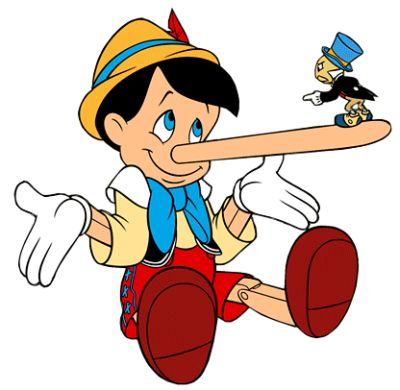
A man goes into a bar, walks straight to the counter and orders a beer. He pays for the drink and settles himself down on the nearest stool. After a few sips of his beer he looks around and notices another man sitting to his right also drinking a beer. On the floor between them a mean-looking dog was sitting facing the rest of the bar watching people coming and going but otherwise minding his own business.
Our man initiates a conversation with his fellow drinker:
- Excuse me, does your dog bite?
- Nope, he is gentle as a little lamb
- What’s his name?
- Fluffy
So, he reaches down and attempts to stroke Fluffy under the chin. All of a sudden, the silent dog growls and bites him on the hand, causing a great deal of pain and drawing blood in the process. He swears, reaches out for a paper napkin on the bar counter and proceeds to nurse his wound.
- You said your dog doesn’t bite
- No, he doesn’t
- But he just bit me on the hand, look!
- That’s not my dog
Okay, its an old joke but the point I am making is to do with partially telling the truth while maliciously withholding a vital piece of information that may be of help to others. In any given situation, you can ask as many questions as you like and the person answering your questions may answer them truthfully however, if you omit to ask a vital question and he does not volunteer the information then you might get into trouble. Has this person been truthful by answering your specific questions or has he lied to you by omitting to mention additional helpful information?
In the competitive workplace, knowledge / information is considered to be power and some of those who have it are reluctant to share it with others in order to hold on to their superior or advantageous position. This is perfectly acceptable when dealing with commercial competitors with trade secrets and future plans, etc. However, when dealing with colleagues and team members, the only purpose served here is the personal agenda of the individual who is withholding the information for various reasons ranging from career ambition to hiding evidence of their own wrongdoing.
I once worked with a colleague who was in the habit of keeping information to himself, regardless of whether it was important or not. He only shared this information when a senior manager was present to show himself in a good light. When I later confronted him, he would say things like: ‘I didn’t know about this matter when you asked’ or ‘I didn’t realise the relevance of the information’ or ‘well, you didn’t ask’. As luck would have it, there was a functional shuffle and I ended up as his manager. Thereafter, he was very open and generous in sharing what he knew with me.
The above is a mild and almost harmless case of keeping information to oneself. But, think about government’s secrecy with their own people; companies’ boards of directors who keep their stakeholders in the dark about bad news until it is too late to rescue the company; aircraft manufacturers or airlines who automatically deny responsibility following an air crash until the evidence against them becomes overwhelming; hospitals who cover malpractice by holding enquiries that last for months or even years as a means of avoiding responsibility for tragic outcomes; news media in its various forms who try to promote a political or social view point by highlighting the pros and omitting the cons; oil companies, cigarette manufacturers, pharmaceutical companies who on many occasions do everything in their power to hide the harmful effects of their products. The list of malicious examples is endless.
George Orwell said ‘Omission is the most powerful form of lying’; I tend to agree with him.
You would think the encouragement of whistleblowers would deal with this problem. Far from it. If you are a whistleblower, you might as well kiss your career goodbye. If it is ‘government secrets’ you disclose, you are labelled a traitor and may face a long prison term even in the most democratic societies. If you work for a commercial organisation and dare to disclose information in the public interest, at the very least, you are shunned and isolated by your employer until you give up and seek another job elsewhere only to find potential employers already know about you and very reluctant to employ someone like you who may blow the whistle on them.
So, if whistleblowing is not the answer, what is? I wish I knew! This kind of change is a cultural one, the slowest type of change to apply to our collective behaviour.
For as long as we exclude disclosure of ‘the truth, the whole truth and nothing but the truth’ from our value system, then nothing will change. We talk about truth telling as something of value and teach our children the same mantra but, we do not really practice such behaviour in real life. In the meantime, it is up to us as individuals, to choose whether we live by one code or the other.
Mufid


